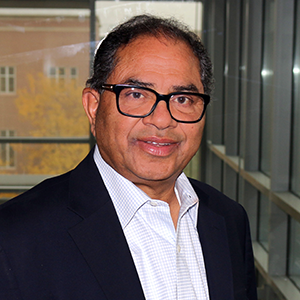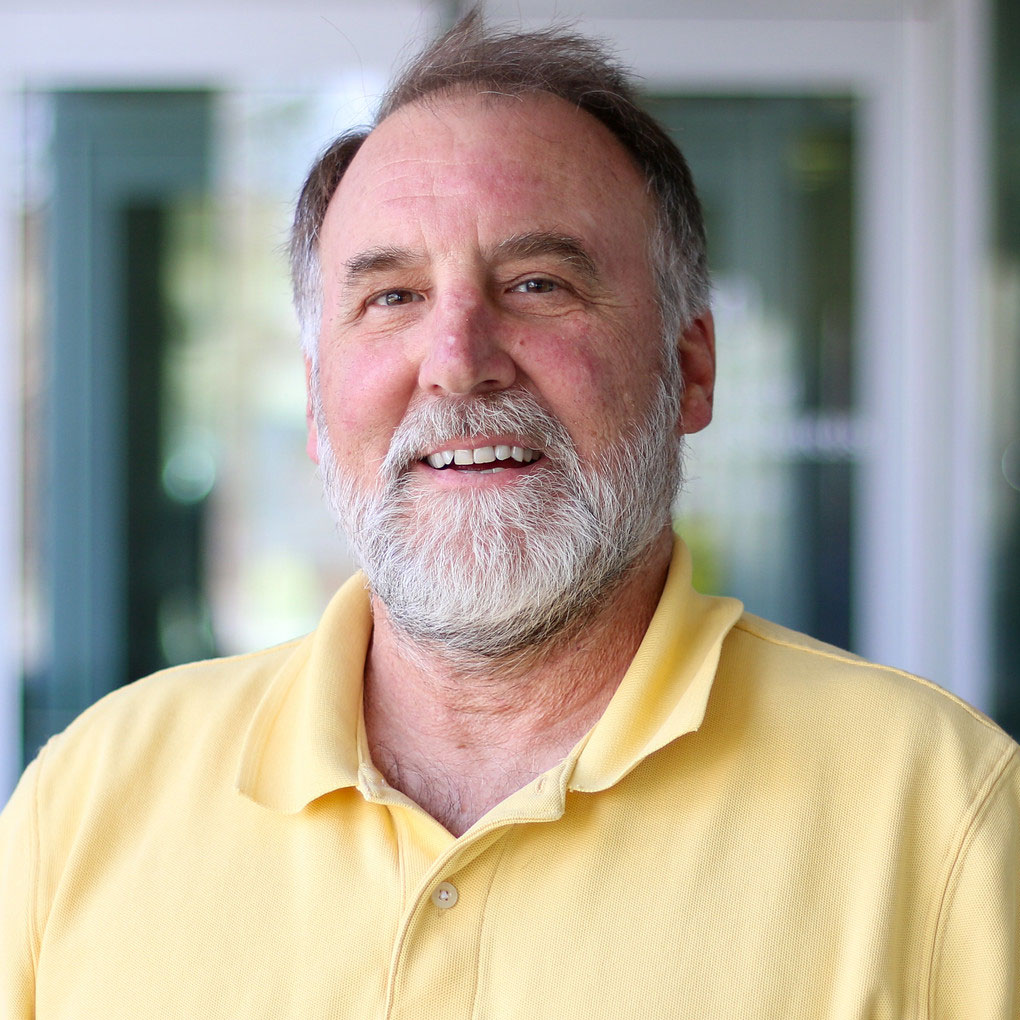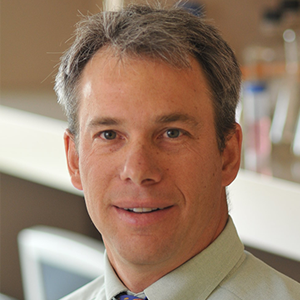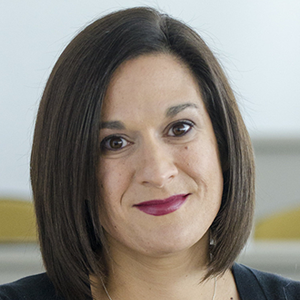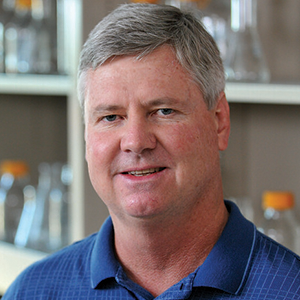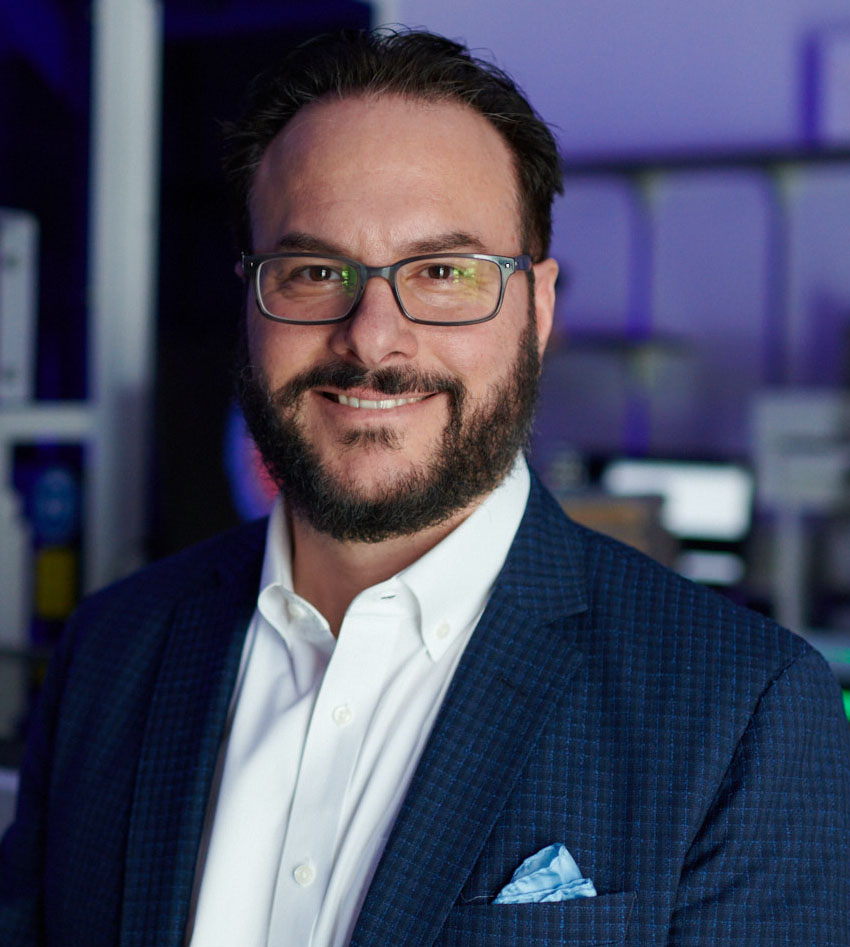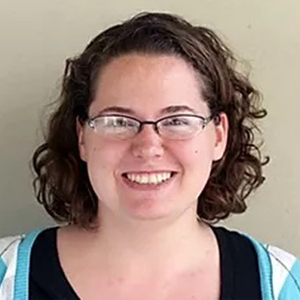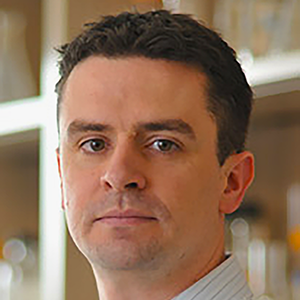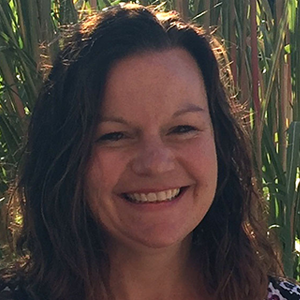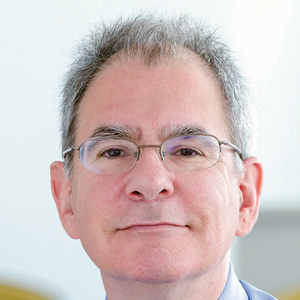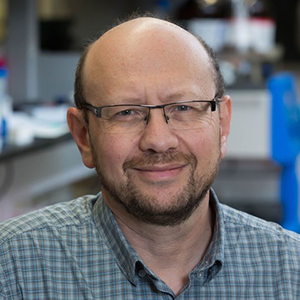PhD in Pharmaceutical Sciences
At CU Pharmacy, we’re training scientists who make an impact. Our doctoral program in pharmaceutical sciences is focused on solving problems. In particular, the program covers the formulation, synthesis, manufacturing, development, stability, biophysical analysis, characterization, delivery, and biodistribution of small molecules and biopharmaceutical agents.
Our goals are to provide the best training for students interested in pursuing careers in biopharmaceutical drug development; conduct high-quality research relevant to pharmaceutical biotechnology; offer innovative educational programs; and to support the biopharmaceutical industry, especially in Colorado.
Here, you’ll have access to a wide range of researchers and research equipment; cross-training with chemical engineers; essential non-scientific training in regulatory affairs, business topics and pharmacoeconomics; experience with real world compounds and research and development problems; and interaction with industry scientists.
We have a strong track record of setting our students up for success. Graduates of our program have advanced into successful careers as senior scientists in the pharmaceutical industry and academia. We’re here to make sure you have the training you need to pursue a career in drug and biopharmaceutical discovery, development or clinical optimization.
As part of the CU Anschutz Graduate School, all PhD students in good academic standing are guaranteed financial support.
All regular full-time departmental faculty in the Department of Pharmaceutical Sciences are formal members of the pharmaceutical sciences graduate program and can take students into their laboratories if appropriate.
On average, students in this program earn their PhDs in 5.5 years.
Applications for all doctoral programs are submitted electronically through the Graduate School of the University of Colorado Denver. After signing up for an account, select 'PhD' under the 'Academic Interests' menu and scroll down to 'Skaggs School of Pharmacy and Pharmaceutical Sciences' and select "PhD in Pharmaceutical Sciences."
Application requirements are:
- A completed Graduate School application and $50.00 application fee (Domestic) $75.00 application fee (International)
- A baccalaureate degree of arts or science from an accredited college or university with a minimum GPA of 3.0.** One (1) official transcript of all academic work completed to date with awarded baccalaureate degree. University transcripts from other countries must include a transcript evaluation from World Education Services (WES). Applicants who complete a transcript evaluation with WES will have their application fee waived automatically.
- All applicants for the program should complete a year of study in the following subjects: general chemistry, organic chemistry, calculus, biology, English and physics. In addition, courses in the following subjects are highly recommended to supplement the student's background: physiology, biochemistry, statistics, cell biology, physical chemistry, and computer science.
- Three (3) letters of recommendation from professors or research supervisors familiar with your aptitude for graduate study
Additionally:
- The GRE (Graduate Record Examination) is not required but is optional.
- The TOEFL is required of applicants for whom English is not their first language, Duolingo and IELTS also accepted (more information on this here)
- Please use 4875 as the Institution Code so that the test results will be sent directly to our institution
- Under special circumstances, deficiencies in important areas may be made up within the first year after entrance into the program. Normally, admission to the program will be based on an undergraduate GPA of 3.0 or better. However, applicants' recommendations, research experience and additional individual accomplishments will also be considered in the admissions process.
Application opens September 1, 2023. Applications will not be reviewed until all required materials have been received. The application deadline for Fall 2024 admission is December 1, 2023 for all students.
Admission to the program includes financial support via a stipend awarded on a 12-month basis. Based on the rules of the CU Anschutz Graduate School, all PhD students in good academic standing are guaranteed financial support.
Although a priority of the School of Pharmacy is to provide financial support to our graduate students, payment of stipend, tuition and any fees by the School of Pharmacy or by grants, contracts or gifts to the School of Pharmacy faculty is contingent upon satisfactory academic progress (as defined by the graduate school’s Pharmaceutical Sciences Graduate Student Handbook) and completion of required teaching duties, core courses, research rotations, seminars, and examinations (as listed on the progress report form). We also reserve the right to review and adjust our funding policies at any time. All students are expected to work full-time toward program requirements for 12 months of the year.
Required Pharmaceutical Sciences Program Courses
| PHSC 7310 | Fundamentals of Pharmaceutical Sciences | 3 credits |
| PHSC 7320 | Physical Pharmacy and Pharmaceutical Sciences | 3 credits |
| PHSC 7400 | Ethical Issues in Toxicology and Pharmaceutical Sciences | 1 credit |
| PHSC 7650 | Research Rotation in Pharmaceutical Sciences (two required) | 1 credit |
| PHSC 7568 | Seminar in Pharmaceutical Sciences (each semester) | 1 credit |
| PHSC 7330 | Development of Drugs and Biologics | 2 credits |
| PHSC 8990 | Doctoral Thesis | ≥30 credits |
Representative Elective Courses
| PHSC 7608 | Molecular Interactions | 3 credits |
| PHSC 7609 | Biophysics and Spectroscopy | 2 credits |
| PHSC 7651/CHEN 5838 | Pharmaceutical Biotechnology | 3 credits |
| PHSC 7345 | Nanotechnology and Drug Delivery | 2 credits |
| PHSC 7353 | Protein Formulation | 2 credits |
| PHSC 7660 | Liposome-based Drug Delivery | 2 credits |
| PHSC 7665 | Pharmacokinetic Principles and Applications | 3 credits |
Through the pharmaceutical sciences graduate program, our goal is to educate pre-doctoral students to develop independent research careers in pharmaceutical sciences with a basic, clinical or pharmaceutical outcomes emphasis. Upon completion of the graduate program, our students use their training to make a difference in academia, industry or government. The learning objectives for the graduate program are:
- Demonstrate a basic knowledge of central concepts in the biomedical sciences.
- Understand the current concepts in basic and clinical pharmaceutical sciences.
- Read and critically evaluate the scientific literature.
- Formulate hypotheses based on current concepts in the field and design, conduct, and interpret their own research projects.
- Present research results in peer-reviewed publications and in a dissertation.
- Communicate research results effectively through oral presentations at scientific seminars, conferences, and other venues.
School of Pharmacy Graduate Degree Requirements
The following are specific rules approved by the graduate faculty of the School of Pharmacy for graduate studies leading to doctor of philosophy degree in toxicology. All other requirements for these degrees will follow the guidelines of the Graduate School, which can be found in the Pharmaceutical Sciences Graduate Student Handbook. The student carries the major responsibility of meeting the rules of the School of Pharmacy and the Graduate School. Failure to meet the following rules and guidelines may result in delay of graduation.
Christina Aquilante PharmD
Professor
Director of Pharmacogenomics for the Colorado Center for Personalized Medicine
Phone:303-724-6126
John Carpenter PhD
Emeritus Professor
Director of Business Development, University of Colorado Center for Pharmaceutical Biotechnology Co-Founder and Co-Director
Phone:303-724-6110
Melanie Joy PharmD, PhD
Professor
Pharmaceutical Science Innovation and Commercialization Director
Phone:303-724-7416
Uday Kompella PhD, FARVO, FAAPS
Colorado Center for Nanomedicine and Nanosafety Co-Director and Co-founder
Professor of Pharmaceutical Sciences, Ophthalmology, and Bioengineering
Phone:303-724-4028
Daniel LaBarbera PhD
Professor
Director CU AMC Center for Drug Discovery, Co-Director, Drug Discovery and Development Shared Resource (D3SR)
Phone:303-724-4116
Krishna Mallela PhD
Professor, Pharmaceutical Sciences Graduate Program Associate Director
Phone:303-724-3576
Philip Reigan PhD
Associate Professor
Computational Chemistry and Biology Core Facility Director
Phone:303-724-6431
Dmitri Simberg PhD
Professor
Colorado Center for Nanomedicine and Nanosafety Co-Director
Phone:303-724-8241
153 KB
For questions regarding graduate school programs contact:
Isabella Jaramillo
Email: Isabella.Jaramillo@cuanschutz.edu
Phone: 303.724.7263
Krishna Mallela PhD
Professor, Pharmaceutical Sciences Graduate Program Associate Director
Phone:303-724-3576
